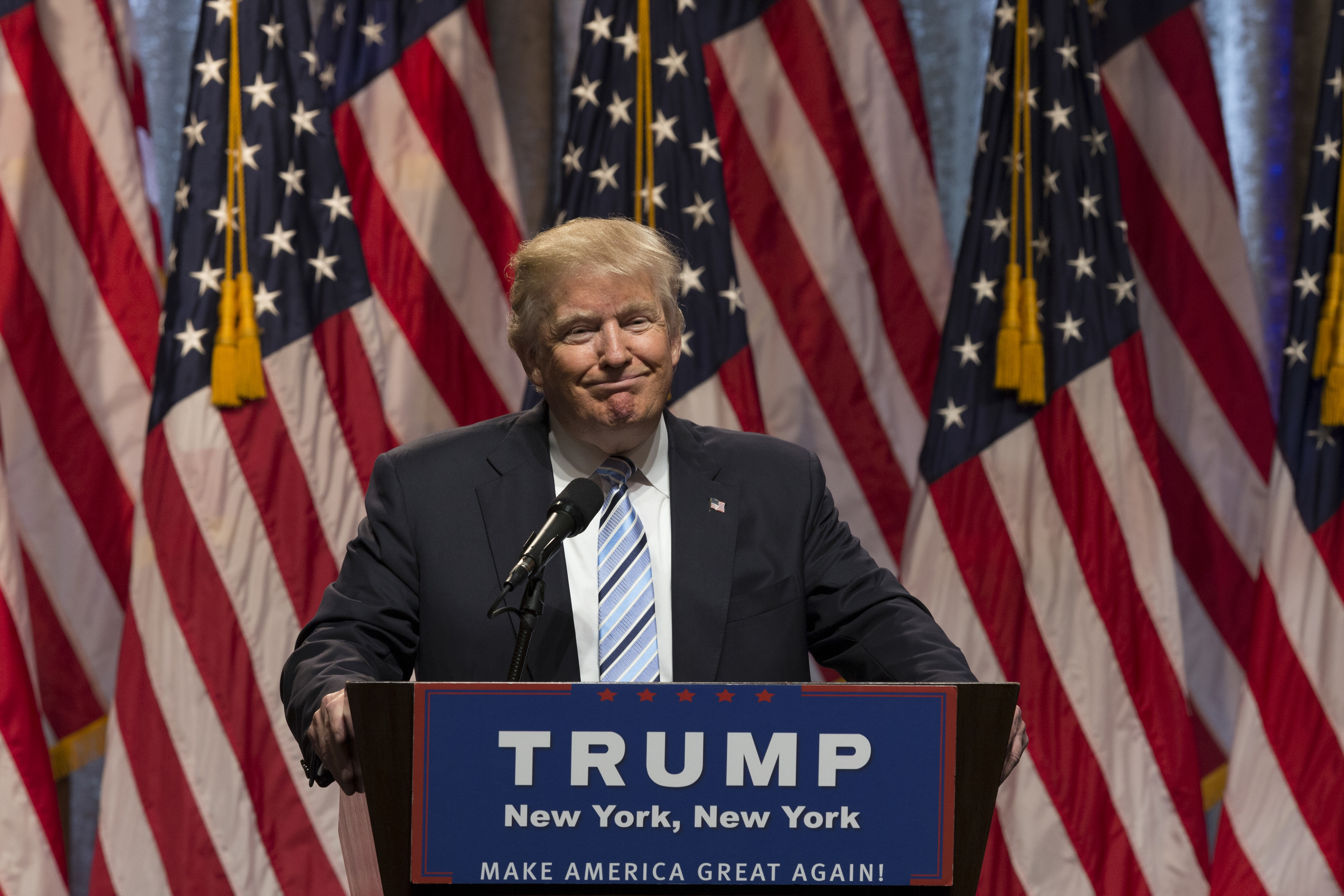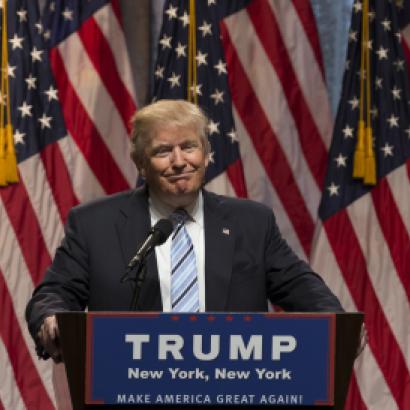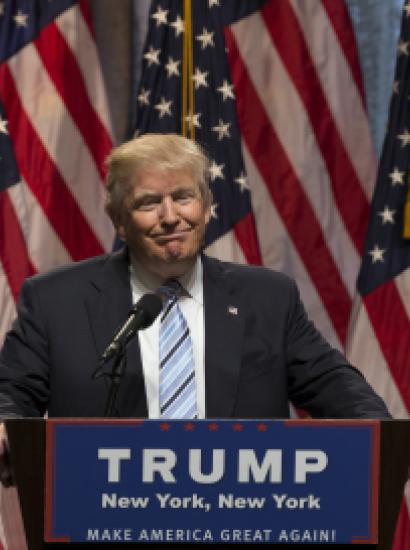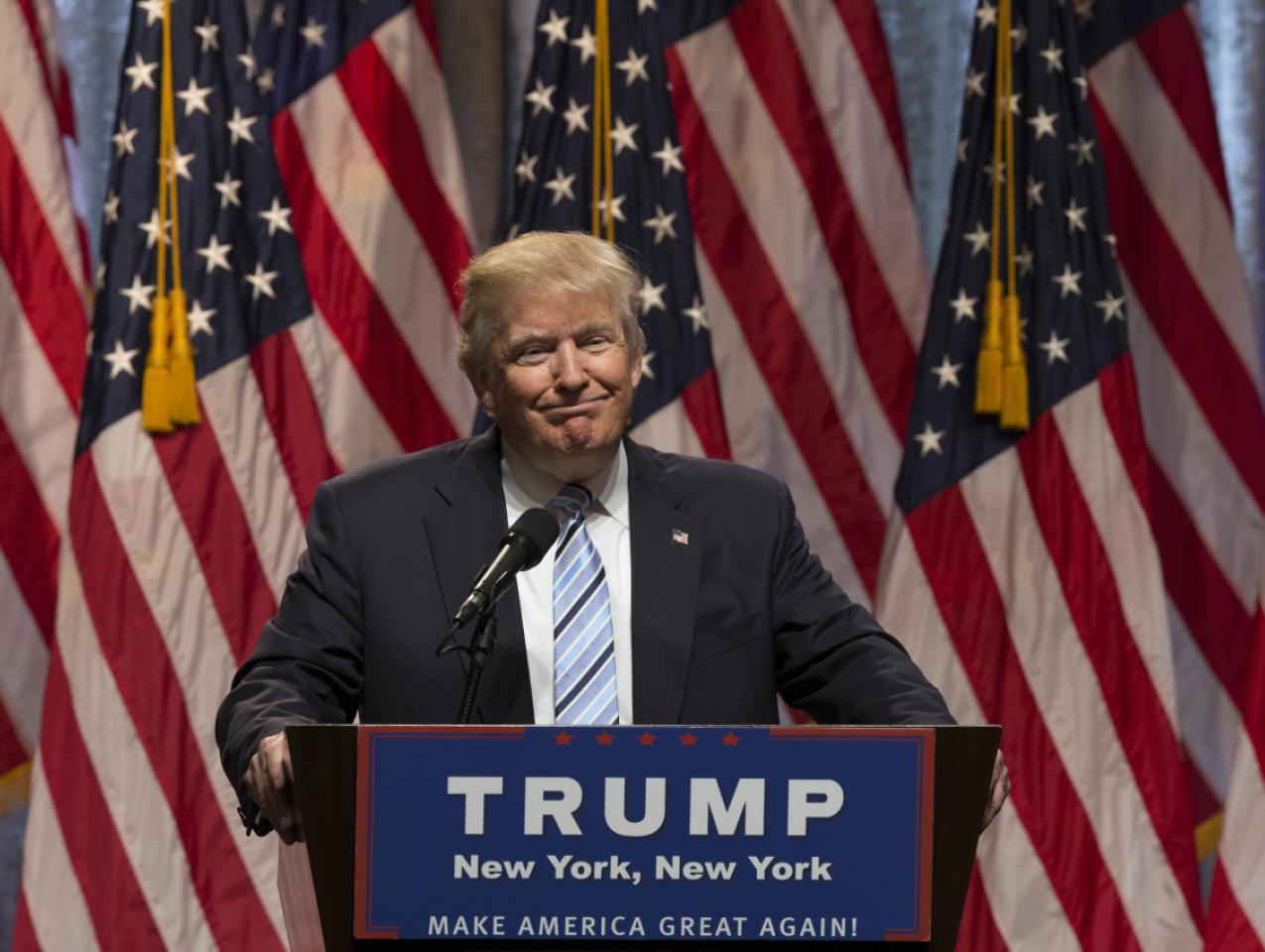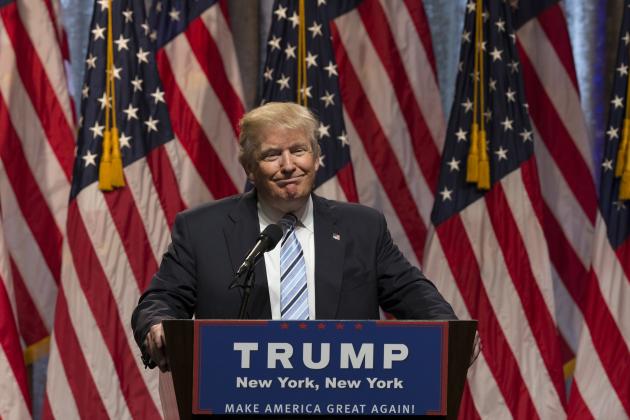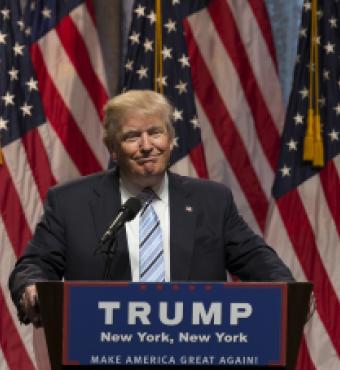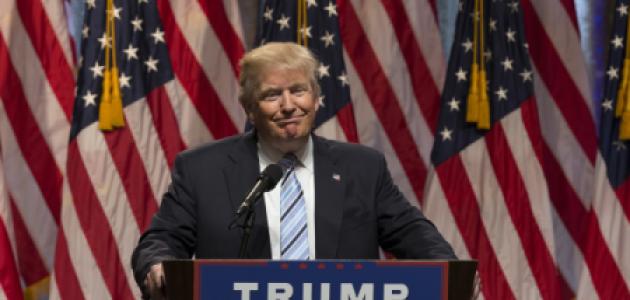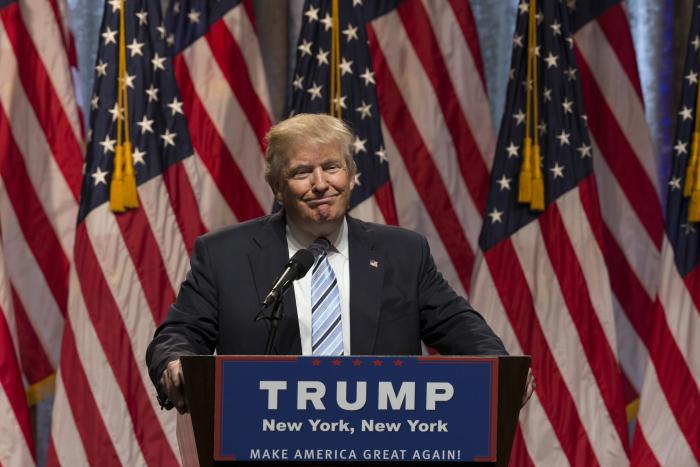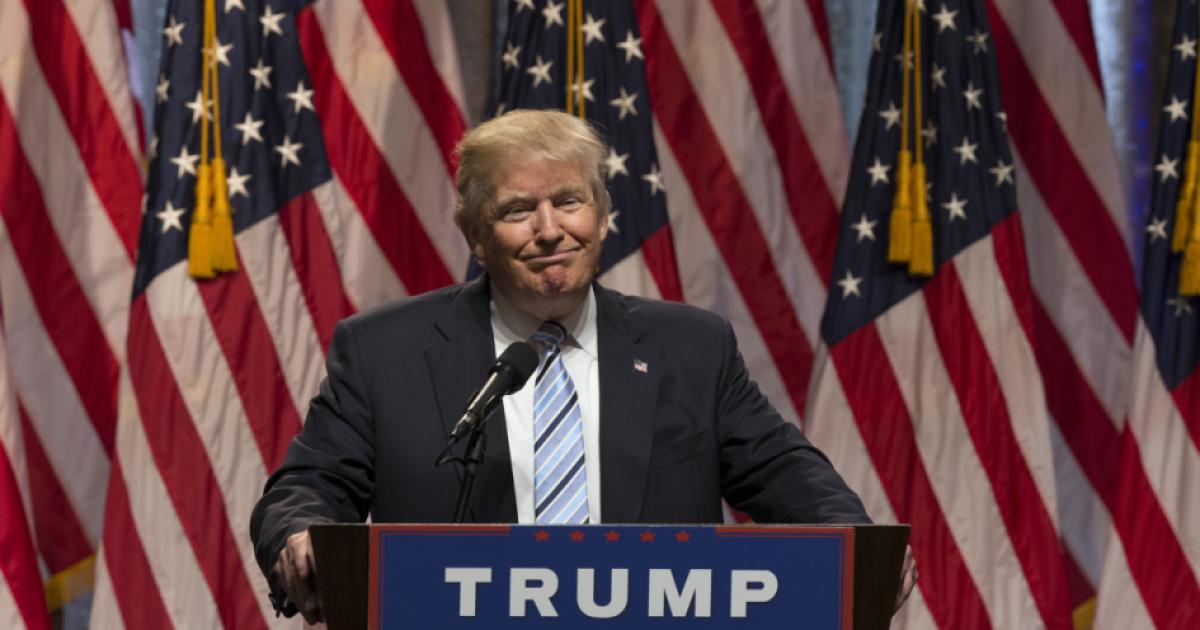The headlines are consumed with the multiple lawsuits against Donald Trump for the misdeeds that he allegedly—I use the term cautiously—committed both in and out of office. By far the most serious of these cases is the indictment brought by special prosecutor Jack Smith against Trump for his efforts to overturn the results of the 2020 presidential election.
The attacks against these cases move along two parallel tracks. The political track is that Trump is the victim of a political ambush that began with the Steele dossier and continued with the Mueller investigation, followed by two dubious impeachments. In other words, they are efforts to discredit him in the eyes of the voters. Yet at the same time, goes the argument, Hillary Clinton and Joe Biden (with son Hunter in tow) receive kid-gloves treatment for crimes of equal or greater magnitude. Trump’s ability to maintain his standing in the polls stems from the conviction of his supporters that the motives of his accusers matter far more than the guilt or innocence of his actions. So the worse the case looks, the more hysterical Trump’s denunciations of Smith, the stronger his support.
But there is also the legal side to contend with, and here Trump also has defenders of the legality (or at least non-criminality) of his actions. Alan Dershowitz, one of his unhappy defenders, refers to Trump’s “inexcusable, but in [his] view constitutionally protected, role in the terrible events of January 6.” I agree with Dershowitz on the first part of the charge but disagree with him on the second. Even by the high standard associated with prosecutions, the core of this case falls, to use the now common phrase invoked by David Rivkin and Lee Casey, outside “the outer perimeter of his official responsibility.” And the actions here are so far beyond that line that none of the possible defenses seems credible as a matter of law.
Start with the issues of freedom of speech invoked not only by Dershowitz but also by conservative commentators like Kimberley Strassel, who fear that if Trump is convicted of “fraud,” we could not build enough prisons to hold all the successful politicians who are masters of that dubious art. These arguments may protect Trump’s rants, but they do not work against the unique particulars of this case. The First Amendment does not protect against duress, fraud, and undue influence in cases where these are likely to exert their maximum effect. The Smith indictment is a canny piece of work precisely because it does not overclaim—for the most part. To be sure, its initial account, which speaks of “theft of honest services,” is not likely to go anywhere, given that the decisive precedent, Skilling v. United States (2010), limited that crime to cases where individuals under various fiduciary duties engage in bribery or kickback schemes. Smith touched lightly on Trump’s public speeches before large crowds, precisely because the First Amendment applies to them—whether true or false, or innocently or fraudulently made. In these cases, counterspeech provides all the protection needed to ensure open and robust political debate.
Instead, the strength of the Smith indictment lies in its detailed narrative of the strenuous efforts to derail the outcome of the election. It is important to remember that the duties of the vice president were set out in detail in the Twelfth Amendment to the Constitution. The first direction regards the votes counted separately in all the states, “which lists they shall sign and certify, and transmit sealed to the seat of the government of the United States, directed to the President of the Senate; The President of the Senate [Pence] shall, in the presence of the Senate and House of Representatives, open all the certificates and the votes shall then be counted.” There is only one way to read these provisions. The Electoral College is not a unitary body. Each state has its own count, and when those counts were done (in the days before electors were “bound”), it was of utmost importance that the vote not be tampered with, which is why the transmission was under seal, and why the votes had to be opened and counted before both houses of Congress to ensure the integrity of the count. Ironically, it was just this carefully guarded chain of custody that was lacking in so many states in the 2020 election.
The last thing that this constitutional scheme could contemplate was letting the vice president decide which of these ballots should be counted and why. Indeed, the passive voice suggests that once opened, the actual count should be done by some ministerial figure. I do not regard this as a hard case, and it is hard to imagine any account of free speech that allows for vast public debate yet also permits fierce private pressure to be put on the vice president to upend the explicit constitutional scheme in an area in which counterspeech plays no role whatsoever.
This sequence differs sharply from Article II, Section Three, which states plainly that the president “shall receive Ambassadors and other public Ministers.” Here, the question is whether this clause gives the president any discretion to decide who is an ambassador or a public minister. The answer to that question has to be yes, for otherwise there is a hopeless constitutional impasse when rival ambassadors present their credentials. Just this issue presented itself when President Truman chose to recognize Israel as a state in the wake of the 1947 UN partition resolution. In cases like this, discretion is needed. Not so in the description of the vice president’s counting duties under the Twelfth Amendment.
Special counsel Smith will be forced to beef up his case with detailed testimony and exhibits, and we can expect a nasty, prolonged trial. By that same token, there is no easy out for the former president.
It is sometimes said that what really matters in this case is whether Trump believed that he was right, at which point he is just another mindless politician. But good faith never means that the party who alleges it can always prevail by a mere say-so. Otherwise, in a thousand different contexts dealing with the good faith of trustees, no one could be convicted criminally, or found liable civilly, over their earnest denials of unawareness of impropriety. At some point, the unreasonableness of the claim will factor into the equation. When hundreds of public commentators of all stripes protest your actions, holding fast even when many of your closest confidants raise the same points is not going to cut it. By that standard, no one would be convicted no matter how grievous the departures from established norms.
The First Amendment is best read as making sure that common-law substantive and procedural norms are not encroached by the state. It does not create exceptionalism for speech that lies within the confines of the criminal law.
The same can be said about any effort to rely on the opinion of counsel, another potential Trump defense. At the very least, the opinion question has to be embedded in a formal letter that states a particular transaction and offers reasons for its legality. The counsel should be independent, and no set of ad hoc remarks can carry the day, especially in cases like this one, where it is possible to vet the letter long before the fatal confrontation. As with subjective good faith, the opinion letter is at most evidence on the side of legality. It may help avoid punitive damages in civil cases, but in this context, it is a far cry from a defense against criminal liability, even if it is found to be admissible.
So last, we come to the boldest claim of all: that Trump has an absolute presidential immunity under Nixon v. Fitzgerald (1982), whose fact pattern is miles away from the present case. President Nixon fired A. Ernest Fitzgerald, a former Air Force civilian employee, after Fitzgerald revealed Pentagon cost overruns. The notion that the president “is entitled to absolute immunity from damages liability predicated on his official acts” rests on a considered judgment that thousands of low-level cases could clog courts and make it impossible for the president to do his routine work. But this case is a one-off. Trying to salvage a lost election is not one of the president’s official duties. It is a personal campaign that need not be protected to assure the effective operation of the president’s office. The means chosen (an alternative set of electors) is not a means to achieve any public end. These are, by any fair reckoning, the unprotected actions of a private individual. Indeed, I know of no absolute immunity case that looks remotely like this one.
Of course, there are constitutional grey areas, but not in the core of this case about the maneuvers of January 6, 2021. In the end, I see no blockbuster legal argument that prevents this case from going forward, let the chips fall where they may. It will be a long year.







